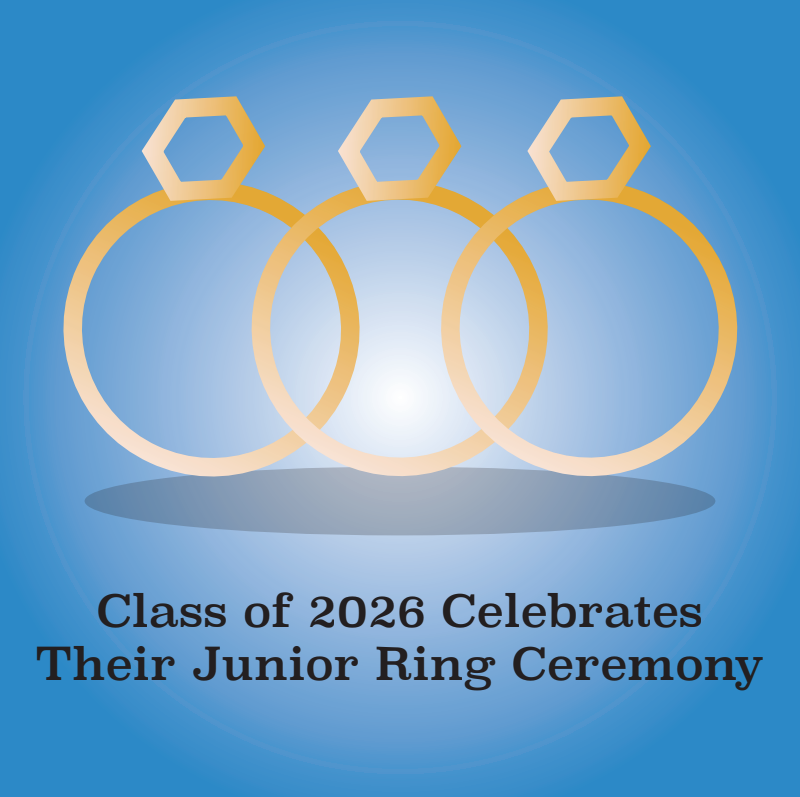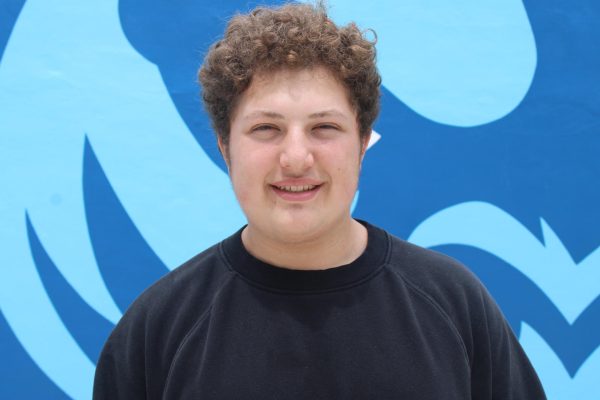Every year from Dec. 26 to Jan. 1, people from across the world celebrate Kwanzaa. While most people think Kwanzaa is a religious holiday similar to Christmas or Hanukkah, it is not; instead, it is a celebration of family and values. According to the African American History Museum, Kwanzaa is an African American and Pan-African holiday that celebrates history, values, family, community and culture. The holiday is celebrated over seven nights, with each night honoring a different principle.
These principles include Umoja (Unity), Kujichagulia (Self-Determination), Ujima (Collective Work and Responsibility), Ujamaa (Cooperative Economics), Nia (Purpose), Kuumba (Creativity) and Imani (Faith), which are seen as core values in the African continent. Each day, families bring out corresponding symbols and light a new candle on the Kinara (candleholder). On the final day, a feast is held, called the Karamu.
Kwanzaa is a Swahili word that means “first fruits.” This holiday was originally intended as a nonreligious celebration of family and social values. Kwanzaa is celebrated annually by millions of Americans. It is also celebrated by people in Canada and the Caribbean.
“Kwanzaa, I think [is] an amazing celebration where the whole community and diaspora can come together and celebrate something that’s larger than one religion or one group of people,” Miami Palmetto Senior High African Heritage Club President Alex Perodin said.
While Perodin does not celebrate the holiday himself, he and the African Heritage club dedicated their December meeting to educating and celebrating the holiday of Kwanzaa. After a presentation on what the holiday was, the meeting transitioned to an activity where people were able to create their own Kikombe Cha Umoja, or unity cups. These cups come in many different patterns and are meant to be used each night during Kwanzaa.
During their meeting, Perodin asked if anyone celebrated Kwanzaa. In response, only one person raised their hand. This came with the qualification that it was their aunt who celebrated and not them personally.
“I think it’s not portrayed in the media enough and that not enough people know about it or its origins,” AHC member and sophomore Golden Brown said.
This is a feeling that many people at the meeting shared. While in older generations the holiday was promoted a lot more, students seemed to be quite unknowledgeable about the holiday, with one student even remarking that this meeting was the first time they had ever learned about what Kwanzaa was. Though Kwanzaa is a known holiday, many do not know the celebrations and meaning behind it.
“It’s not an ancient celebration,” Perodin said. “You have Hanukkah, you have Christmas, you have New Year’s Eve, you have so many celebrations that go back hundreds of years and [Kwanzaa] is less than 100 years old.”
Kwanzaa was only created in the mid 60s, leading to it being popularized in the late 80s and early 90s. Unlike Christmas or Hanukkah, Kwanzaa is a relatively new holiday, so the generational tradition of celebrating it has not taken as big of a hold.
The ideals and principles of Kwanzaa are ones that people of all generations can relate to and celebrate. Some people went to that AHC meeting knowing nothing about Kwanzaa beyond the name and left with an understanding and appreciation for it.
“It allows us to embrace our culture and learn new values that you probably wouldn’t know of,” sophomore Indeah Lane said. “I don’t celebrate it, but I would love to in the future.”




